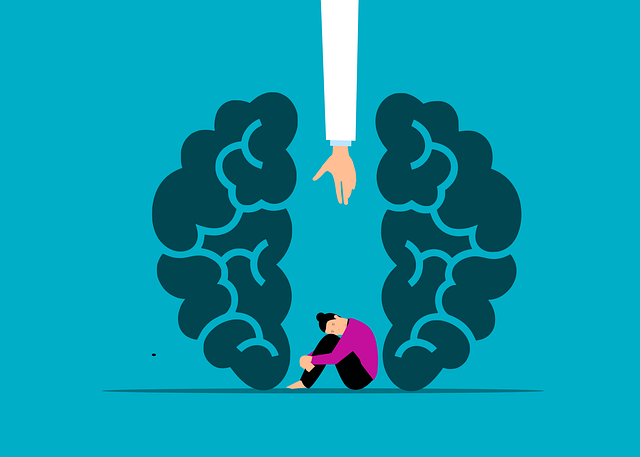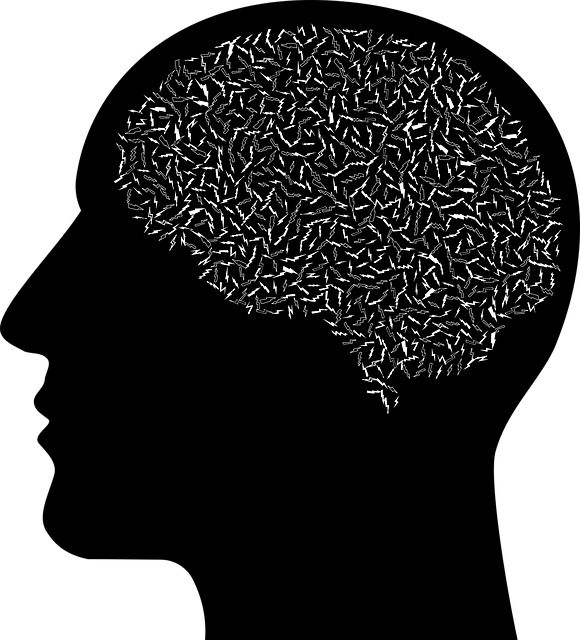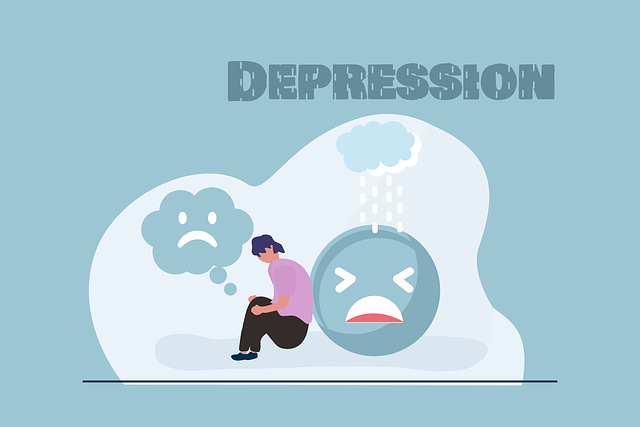Mental health education is crucial for breaking stigma and empowering individuals with coping mechanisms through evidence-based practices, like those offered by Parker Psychological Testing & Therapy. By integrating assessments, self-care promotion, empathy building, and tailored interventions, educators create supportive learning environments that foster holistic growth. This comprehensive approach leverages tools like Parker Psychological Testing to design dynamic therapy programs, combining techniques like Mindfulness Meditation and Emotional Intelligence coaching for lasting positive impacts on personal and professional settings. Continuous evaluation and feedback mechanisms ensure program adaptability and effectiveness in addressing evolving mental health needs.
Mental health education is a cornerstone of holistic well-being, and effectively designing programs to address this topic can significantly impact individual and community health. This article explores the comprehensive design of mental health education programs, from establishing a solid foundation through understanding mental health basics to employing powerful tools like Parker Psychological Testing for in-depth assessment. We delve into creating engaging therapy sessions, implementing effective strategies, and continually improving program outcomes, emphasizing the role of Parker Psychological Testing Therapy in this journey.
- Understanding Mental Health: A Foundation for Education
- Parker Psychological Testing: Tools for Comprehensive Assessment
- Designing an Engaging and Effective Therapy Program
- Implementation and Continuous Improvement Strategies
Understanding Mental Health: A Foundation for Education

Understanding mental health is a fundamental step in designing an effective education program. It involves demystifying various aspects of psychological well-being and mental illness, breaking down the barriers of stigma, and fostering an environment where individuals feel comfortable discussing their experiences. This foundation is crucial for empowering people to recognize signs of distress, seek appropriate support, and develop coping mechanisms. By integrating knowledge from reputable sources like Parker Psychological Testing & Therapy, educators can ensure that information shared is evidence-based and accurate.
A comprehensive approach should include exploring different mental health conditions, promoting self-care practices, and teaching empathy. The Mental Wellness Podcast Series Production can serve as a valuable resource for reaching diverse audiences, while also facilitating open conversations. Moreover, incorporating Empathy Building Strategies into the curriculum helps foster connections between peers, encouraging support systems and reducing the impact of social isolation. These efforts collectively contribute to creating a supportive learning environment that prioritizes mental wellness.
Parker Psychological Testing: Tools for Comprehensive Assessment

The Parker Psychological Testing is a powerful tool that offers a comprehensive framework for evaluating mental health and personal development. This assessment method goes beyond traditional diagnostics by providing insights into various psychological dimensions, including emotional intelligence, resilience, and interpersonal skills. Through a series of meticulously designed questionnaires and exercises, individuals can gain a deeper understanding of their strengths and areas for growth. The data generated allows professionals to tailor interventions, whether it’s through Parker Psychological Testing therapy sessions or group-based programs like Empathy Building Strategies and Compassion Cultivation Practices.
By incorporating these assessments into mental health education, organizations can facilitate Stress Management Workshops that are both effective and tailored to individual needs. The insights derived from the testing can empower participants to make informed decisions about their well-being, fostering a sense of agency and self-care. This proactive approach ensures that mental health programs cater to diverse populations, addressing unique challenges and promoting holistic growth in personal and professional settings.
Designing an Engaging and Effective Therapy Program

Designing an engaging and effective therapy program requires a multifaceted approach, especially when addressing mental health issues. A successful program should incorporate various therapeutic techniques tailored to diverse learning styles and individual needs. For instance, incorporating elements of Parker Psychological Testing can provide insightful data for personalized treatment plans. By integrating assessment tools with evidence-based practices like Mindfulness Meditation and Emotional Intelligence coaching, the program becomes dynamic and impactful.
This holistic strategy ensures that participants not only gain knowledge about mental wellness but also develop practical skills. Mental Wellness Coaching Programs Development should emphasize interactive sessions, real-life application exercises, and supportive environments to foster engagement. The ultimate goal is to equip individuals with the tools to manage their mental health proactively, creating a lasting positive impact on their lives.
Implementation and Continuous Improvement Strategies

Implementing a comprehensive mental health education program requires strategic planning and continuous evaluation to ensure its effectiveness and adaptability. At the core of successful execution lies regular feedback mechanisms, where participants can share their experiences and insights. This fosters an environment of open communication, allowing for the timely identification of areas that need improvement. For instance, utilizing Parker Psychological Testing as an assessment tool can provide valuable data on individual progress and highlight aspects of therapy that may require additional support or alternative approaches.
Continuous improvement initiatives should encompass diverse strategies, such as incorporating Risk Management Planning for Mental Health Professionals to mitigate potential risks in clinical settings. Additionally, integrating Social Skills Training and Self-Care Routine Development workshops can empower participants with practical tools for maintaining their mental well-being. These dynamic approaches ensure the program remains relevant and impactful over time, catering to the evolving needs of both educators and students alike.
Mental health education programs, with a solid foundation in understanding mental health and leveraging tools like Parker Psychological Testing, can effectively design engaging therapy programs. By implementing these strategies and continuously improving based on feedback, schools and organizations can foster healthier environments. Integrating comprehensive assessment techniques, such as Parker Psychological Testing Therapy, ensures tailored interventions that address diverse mental health needs, ultimately promoting well-being for all individuals.














